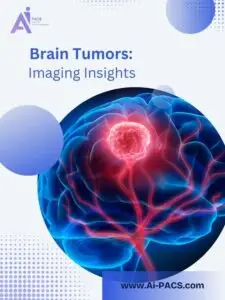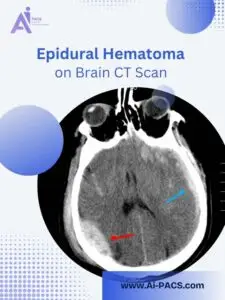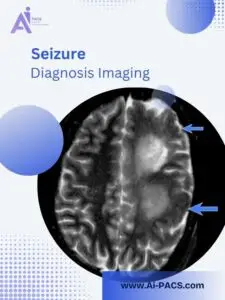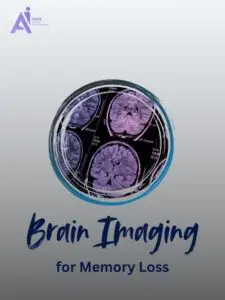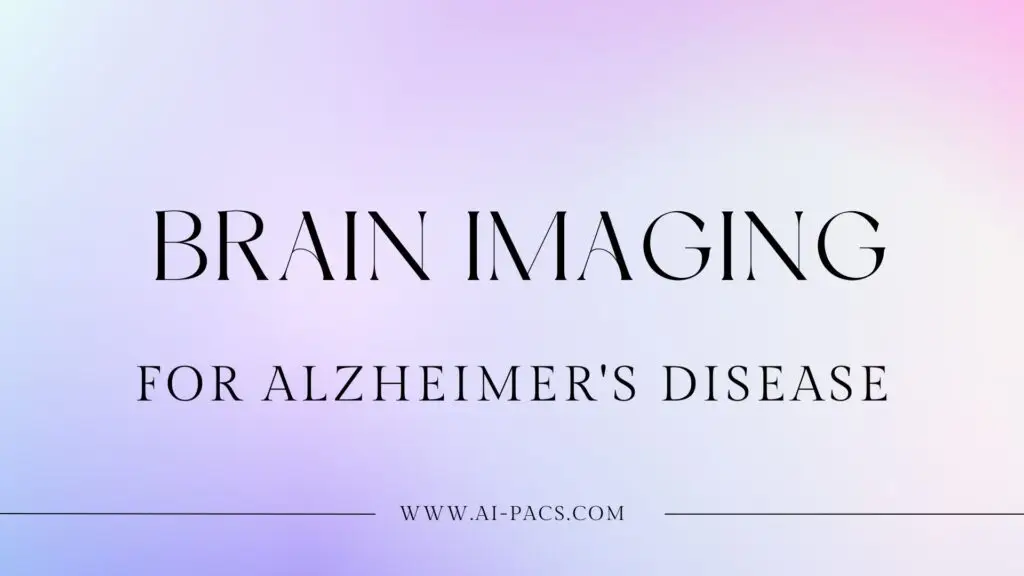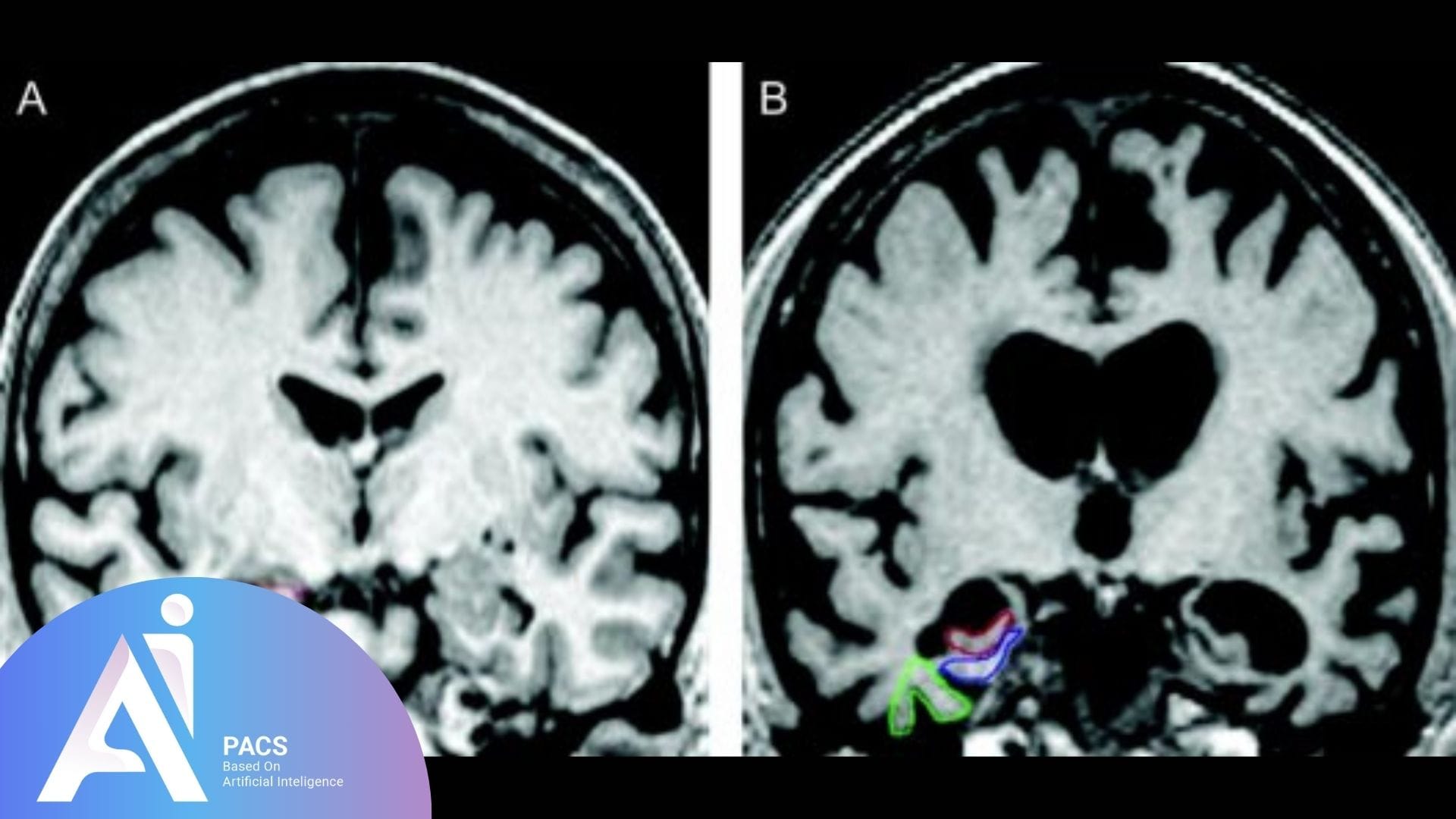
Why Is Imaging Important in Alzheimer’s and Other Causes of Cognitive Decline?
Brain MRI or CT scans are key tools in assessing structural brain changes. They help identify where atrophy is happening and whether another condition is to blame.
Patterns of Atrophy and Their Meaning:
- Temporal lobe atrophy, particularly in the **medial part of the temporal lobe** and the hippocampus, is a classic finding in Alzheimer’s disease.
- Generalized atrophy is commonly observed in aging or advanced neurodegenerative conditions and may also be associated with metabolic or infectious causes.
- Fronto-parietal atrophy: Suggestive of frontotemporal dementia, but also seen in some psychiatric conditions or vascular disease.
Conditions That Can Mimic Alzheimer’s:
- Major depressive disorder: Sometimes called” pseudodementia,” Depression can cause attention, memory, and executive function issues that look like early Alzheimer’s.
- Brain tumors or mass lesions: Tumors in the frontal or temporal lobes can present with symptoms such as memory loss, behavioral changes, or confusion.
- Infectious or inflammatory diseases: HIV/AIDS can cause diffuse brain atrophy and white matter lesions, leading to cognitive decline.
Without imaging, it’s hard to distinguish these from true Alzheimer’s disease.
When Should Brain Imaging Be Considered for Dementia Symptoms?
Early imaging is important when symptoms are new or progressing.
Imaging Is Recommended When Patients Have:
- Memory problems not explained by age alone
- Sudden or fast-progressing cognitive changes
- A history of cancer, immune deficiency, or HIV
- Symptoms of Depression that don’t improve with treatment
- Atypical neurological findings on the exam (e.g., motor or sensory loss)
MRI is preferred because it shows greater detail. CT can be useful when an MRI is not available.
Who Should Get Imaging and Expert Review?
Brain imaging is helpful for patients and doctors trying to understand the cause of memory problems.
Imaging Helps Answer Key Questions:
- Is this Alzheimer’s or another cause?
- Is there a mass lesion or hydrocephalus?
- Is this Depression or true neurodegeneration?
- Is there evidence of infection or white matter disease?
Patients with new, progressive, or atypical cognitive symptoms should be evaluated. So should patients whose symptoms don’t match typical Alzheimer’s progression.
👉 Request an Expert Brain MRI Review
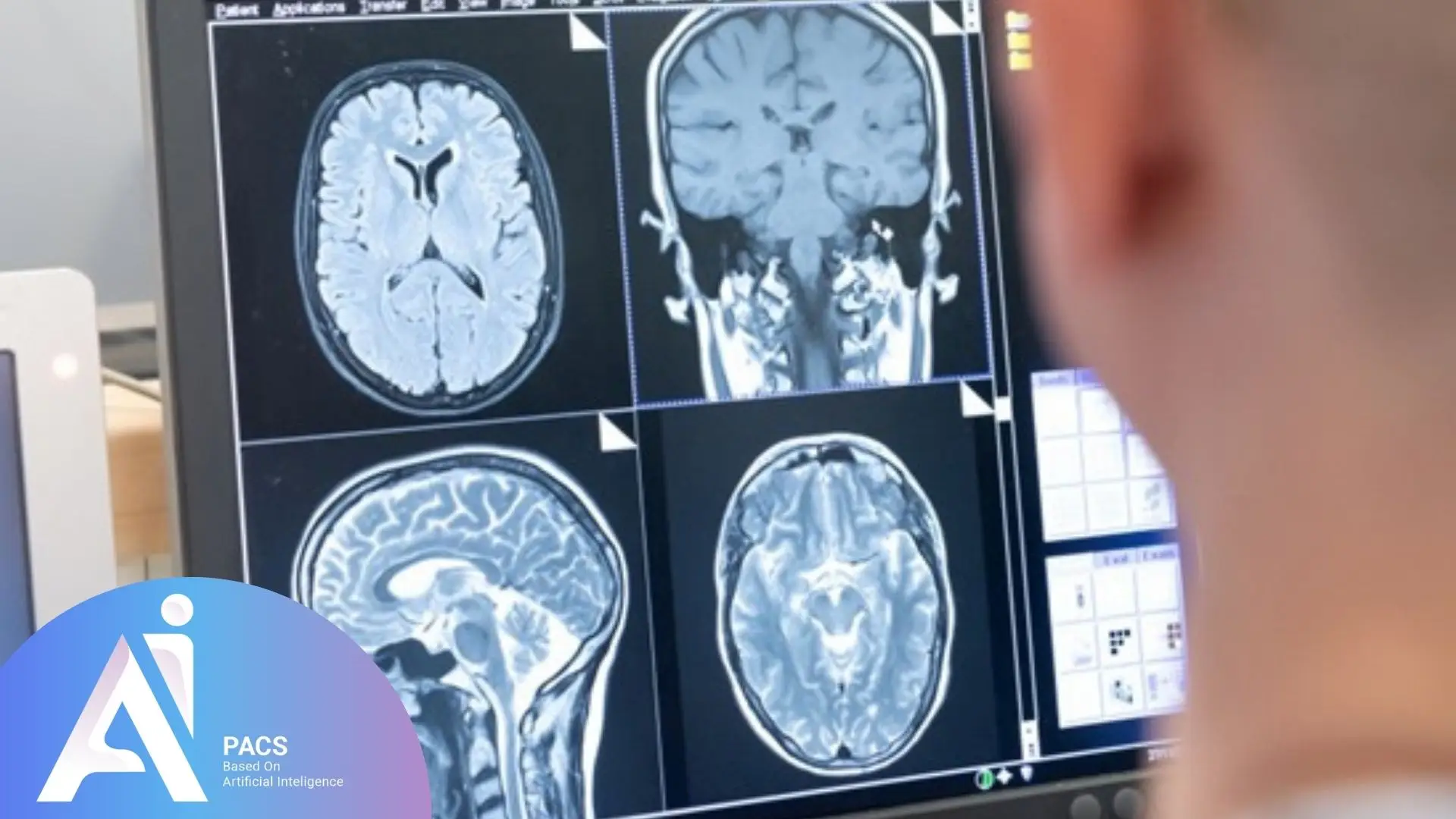
AI-PACS Is With You
If you or a loved one is dealing with memory loss or confusion, getting the right diagnosis is key. AI-PACS.com offers fast and professional second opinions on brain MRI and CT scans for dementia and cognitive disorders.
Our expert radiologists can help clarify whether imaging shows typical Alzheimer’s, a tumor, or other causes of brain atrophy.
Start your review here on AI-PACS online radiology report services
Final Thoughts
Not all memory loss is Alzheimer’s. Brain atrophy can result from many conditions, including Depression, tumors, infections, and inflammatory diseases like HIV/AIDS.
Imaging helps distinguish between these conditions and ensures that patients receive the proper treatment. With expert review from AI-PACS, you can move forward with confidence and clarity.

